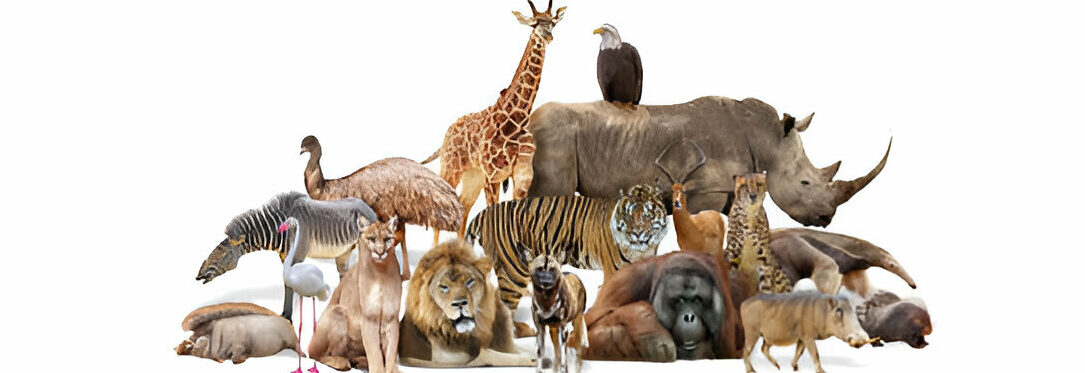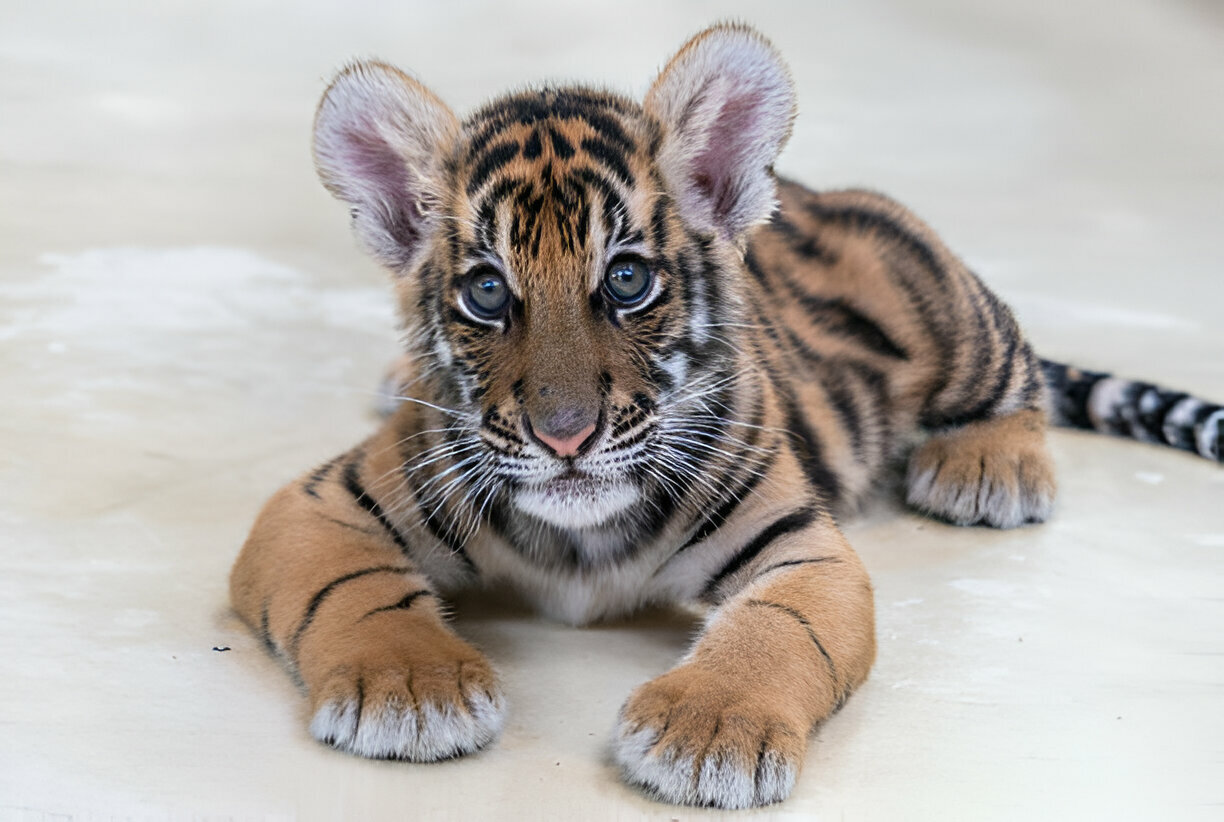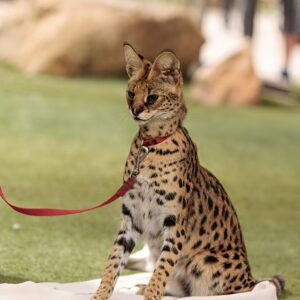Description
Adopt a Tiger Cub: A Once-in-a-Lifetime Opportunity
The tiger cub is undeniably one of the most captivating and majestic creatures on Earth. With their striking stripes, playful nature, and undeniable charm, it’s no wonder that many exotic pet enthusiasts dream of adopting one. However, raising a tiger cub is an enormous responsibility that requires specialized knowledge, resources, and a deep commitment to their well-being. If you’re considering adopting one, this guide will provide you with the essential information to make an informed decision. More
Introduction to Tiger Cubs
The tiger cub is the young of the largest cat species in the world, the tiger (Panthera tigris). These adorable cubs are born blind and helpless, relying entirely on their mother for the first few months of life. As they grow, they develop their iconic stripes, powerful muscles, and keen hunting instincts. While they may seem like cuddly pets, it’s important to remember that they are wild animals with complex needs.
Physical Characteristics
These cubs are born weighing just 2 to 3 pounds, but they grow rapidly. By the time they reach adulthood, they can weigh between 200 to 600 pounds, depending on the subspecies. Their distinctive orange coats with black stripes provide camouflage in their natural habitats, which range from dense forests to grasslands.
Behavior and Temperament
Tiger cubs are playful, curious, and highly energetic. They love to explore their surroundings, pounce on toys, and engage in mock hunting behaviors. However, as they grow, their wild instincts become more pronounced. Tigers are solitary and territorial animals, and even a hand-raised cub can become unpredictable as it matures. Proper socialization and training from a young age are crucial, but they will never be fully domesticated.
10 Essential Care Tips for Tiger Cubs
1. Spacious Housing
- They require a large, secure enclosure that provides plenty of space to roam, climb, and play. As they grow, their enclosure must be expanded to accommodate their size and strength.
2. Balanced Diet
- As carnivores, they require a diet rich in animal protein. A balanced diet includes raw or cooked meat, such as beef, chicken, or venison, supplemented with bones for dental health.
3. Exercise and Enrichment
- Provide toys, climbing structures, and opportunities to explore to keep them engaged. Interactive play sessions with their owners are also essential for their well-being.
4. Social Needs
- While they can form strong bonds with their human caregivers, they are solitary by nature and may not get along with other pets. Proper socialization from a young age is essential.
5. Grooming
- Regularly check their fur, nails, and teeth to ensure they remain in good condition.
6. Veterinary Care
- Schedule regular check-ups with an exotic animal veterinarian to ensure their health and well-being.
7. Environmental Enrichment
- Create a stimulating environment with climbing structures, foraging toys, and safe outdoor exposure (if possible).
8. Temperature and Lighting
- Maintain a temperature of 70-80°F (21-27°C) and provide access to natural or full-spectrum lighting to mimic their natural environment.
9. Training
- Use positive reinforcement techniques to teach good behavior and build trust.
10. Long-Term Commitment
- Remember, these animals can live for several decades, so ensure you’re ready for a lifelong commitment.
Legal Considerations
Owning a tiger cub is subject to strict regulations that vary by location. Many countries and states require permits, veterinary checks, and proof of adequate housing. Failure to comply with these laws can result in fines, confiscation of the animal, or legal action. Always research local laws before considering adoption.
Why Adopt a Tiger Cub?
Adopting a tiger cub is a unique opportunity to connect with one of nature’s most awe-inspiring creatures. Their beauty, strength, and playful nature make them a truly extraordinary companion. However, ownership is not for everyone. It requires a significant commitment of time, resources, and expertise to ensure their well-being.
Interesting Facts
- They are born blind and rely on their mother for the first few months of life.
- They start learning to hunt at around 6 months old but remain with their mother for up to 2 years.
- Tigers are endangered, with fewer than 4,000 left in the wild due to habitat loss and poaching.
- Each tiger’s stripe pattern is unique, much like a human fingerprint.
Conclusion
Adopting a tiger cub is a lifelong commitment that requires dedication, resources, and a deep understanding of their needs. While the idea of raising one may be appealing, it’s essential to remember that they are wild animals with complex instincts and requirements. If you are prepared to provide the specialized care and environment they need, you could be rewarded with a unique and unforgettable experience.
At Exotic Pets Care Center, we are committed to helping you find the perfect exotic companion. Contact us today to learn more about adopting or to explore other exotic pet options available to you.







Reviews
There are no reviews yet.